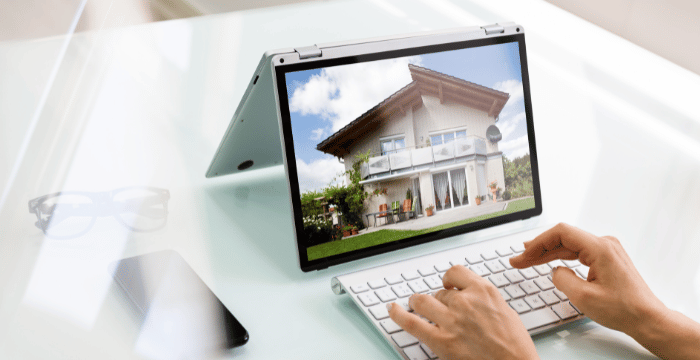Best Practices for Rental Property Bookkeeping and Expense Tracking
Best Practices for Rental Property Bookkeeping and Expense Tracking
Blog Article
Controlling hire homes is an excellent supply of money, but without structured accounting, it's easy to neglect crucial facts that impact financial success. Powerful hire house bookkeeping is essential to keep track of your earnings, costs, and guarantee conformity with tax regulations. That manual supplies a streamlined method of handling money and expenses for accounting software for real estate investors.
Why Accounting Matters for Rental Attributes
Rental property bookkeeping allows landlords to obviously track their economic wellness and property performance. Accurate documents help you identify profitable attributes, place tendencies, and make educated company decisions. Furthermore, step-by-step bookkeeping is required for processing fees correctly and taking advantage of deductions, such as fix costs, home depreciation, and mortgage interest.
Ignoring appropriate bookkeeping may result in financial mismanagement and potential penalties from inaccurate duty filings. Thus, sustaining obvious economic documents is not just recommended—it's vital.
Categorizing Income and Expenses
The first step in hire house bookkeeping is understanding the kinds of income and expenses.
Money Sources:
1.Rental money – Monthly lease funds from tenants symbolize the primary supply of income.
2.Other money – For instance, late payment costs, remains forfeited by tenants, or earnings from added companies like parking.
Expense Categories:
1.Operational expenses – These generally include tools, house management costs, and repair/maintenance costs.
2.Mortgage and fascination payments – If the property features a mortgage, these should be monitored included in expenses.
3.Insurance and property taxes – Equally are recurring costs that should be carefully recorded.
4.Capital improvements – Any large-scale upgrades, like installing a fresh ceiling or renovating, have to be tracked individually for tax purposes.
By working money and expenses into apparent types, landlords can simplify their accounting processes and remove confusion.

Instruments for Successful Accounting
Engineering can play a significant role in simplifying rental house bookkeeping. There are numerous resources made to automate and organize financial tracking. Tools like copyright, Stessa, and Buildium are popular among home homeowners for functions like automatic price monitoring, duty preparation, and financial reporting.
For smaller portfolios, a simple spreadsheet might suffice. But, as your portfolio develops, purchasing hire house software can save your self time and reduce the chance of errors.
Keep Positive with Bookkeeping
Consistent bookkeeping is the main element to keeping ahead. Set aside time each month to review and upgrade your records. Often cross-check bank claims along with your bookkeeping application or spreadsheet to make certain all transactions are correctly recorded. Report this page